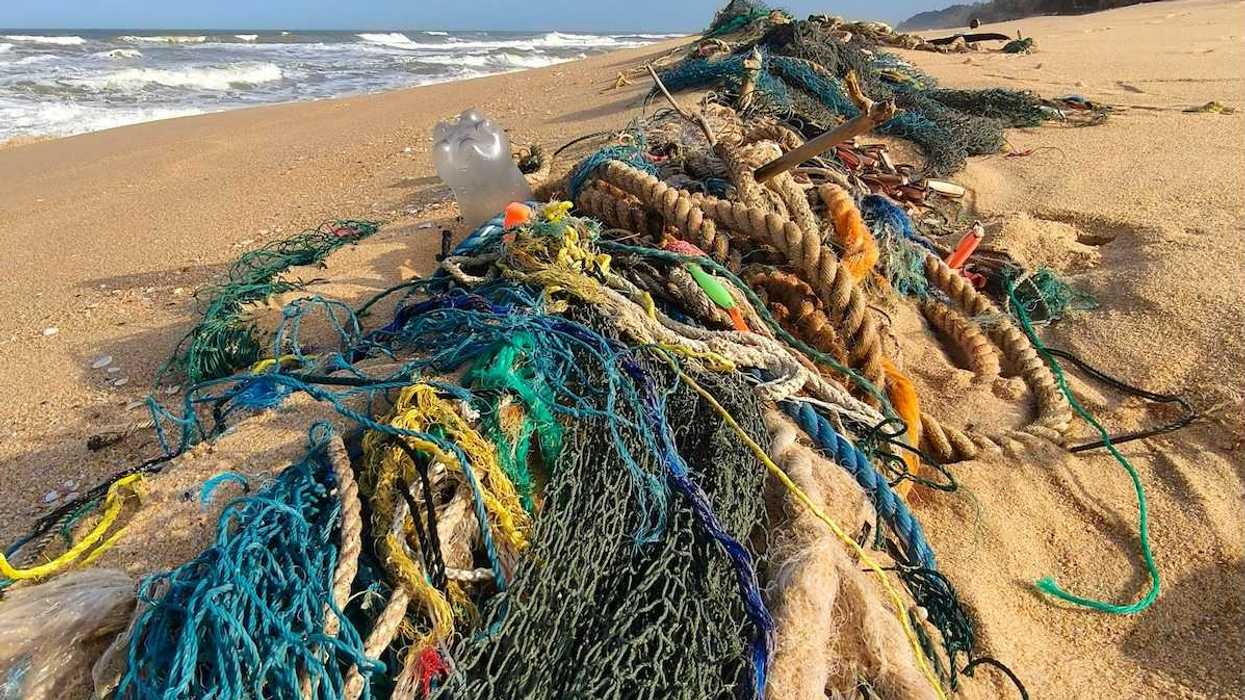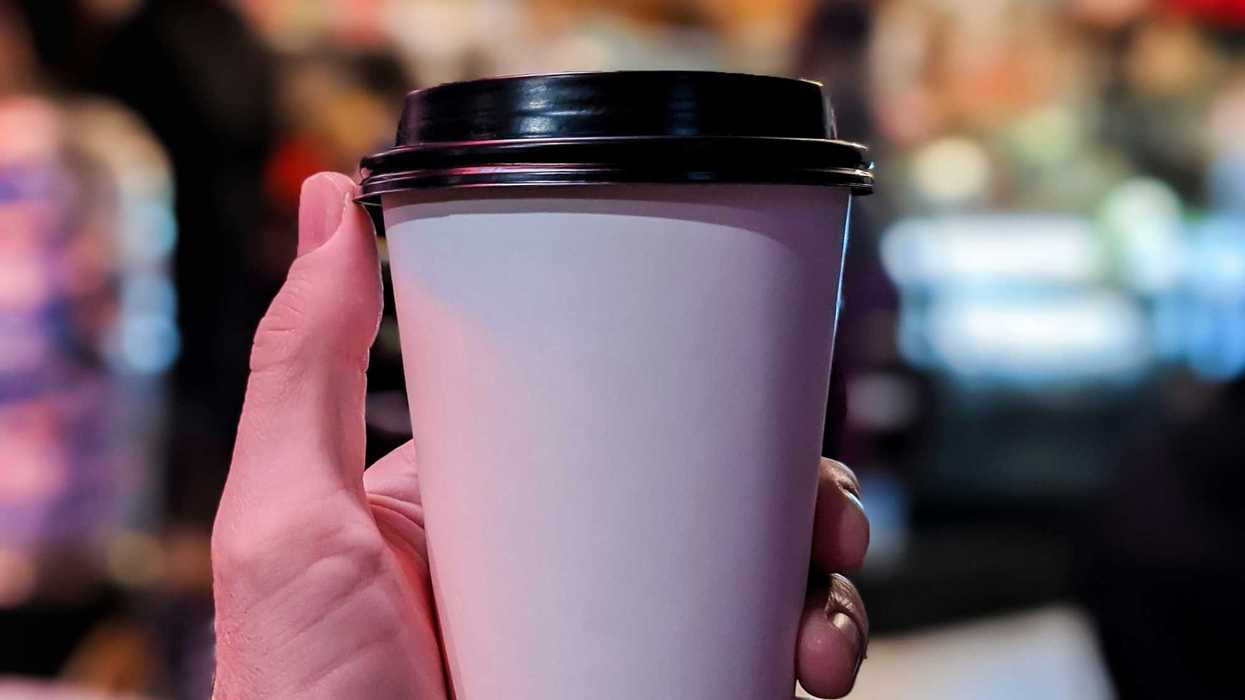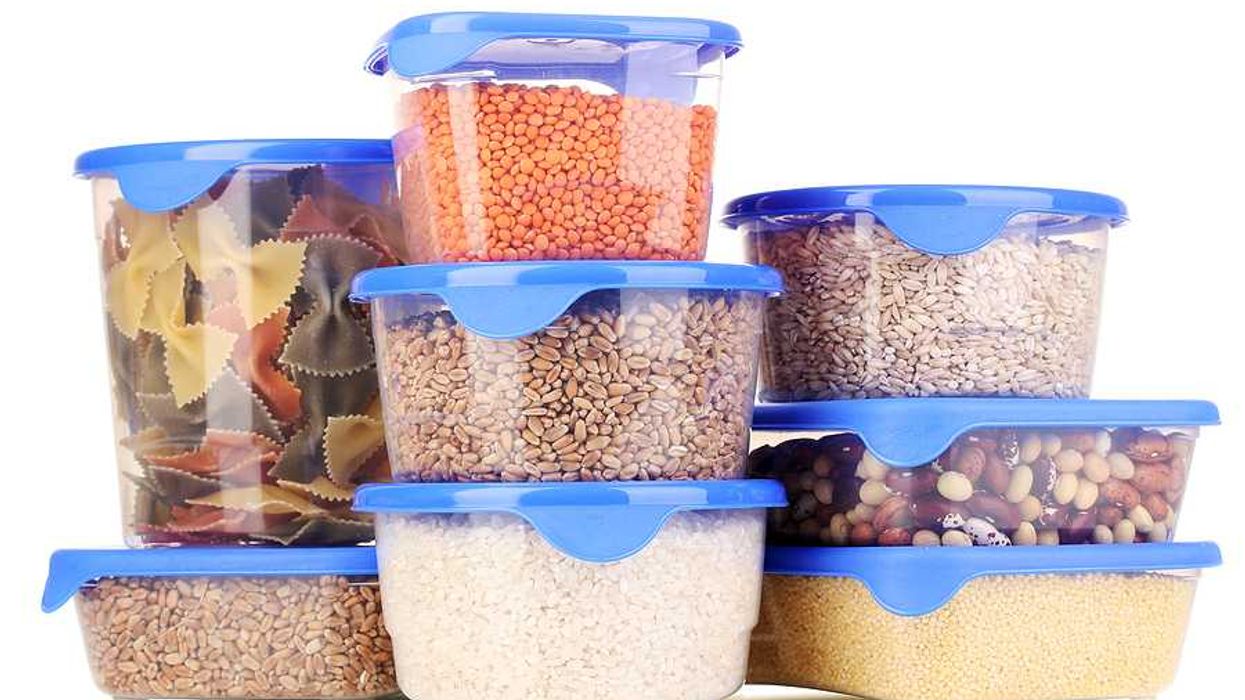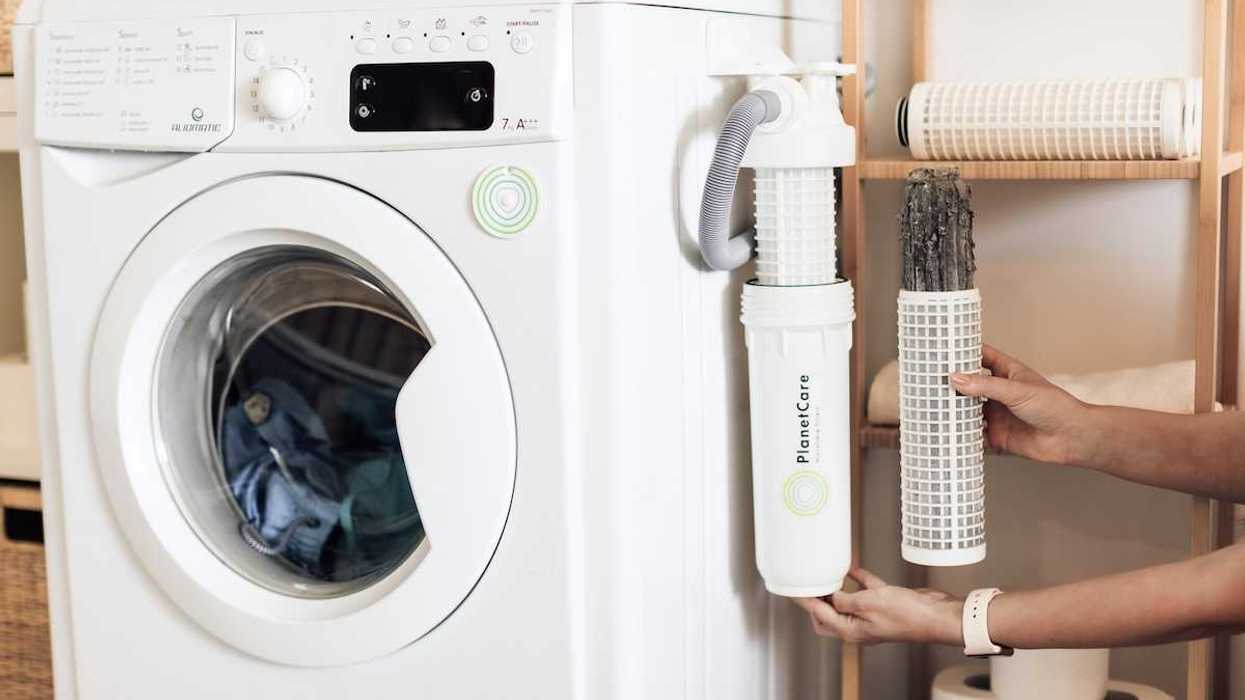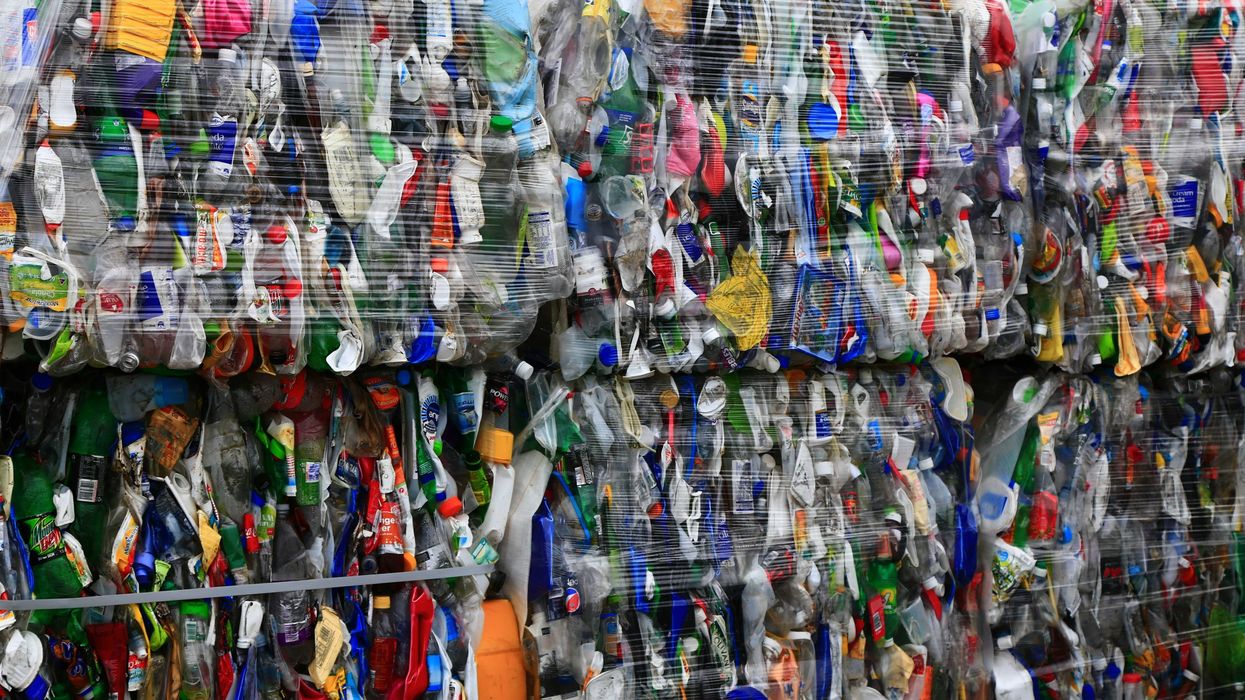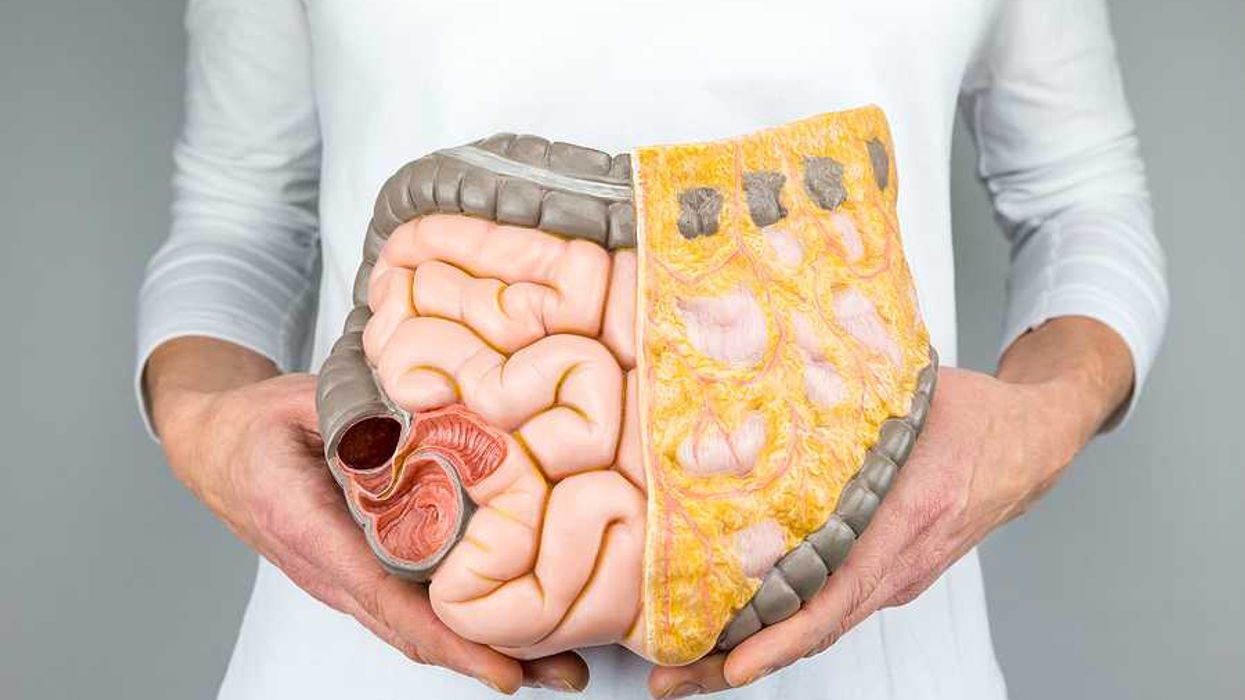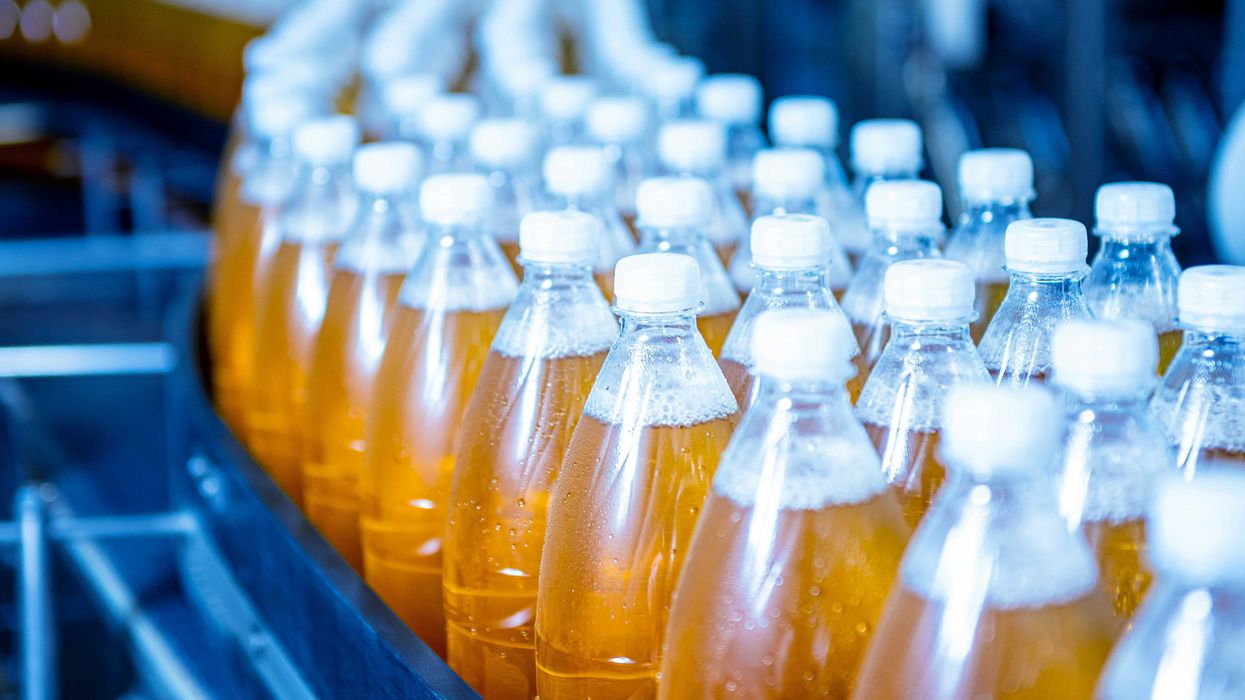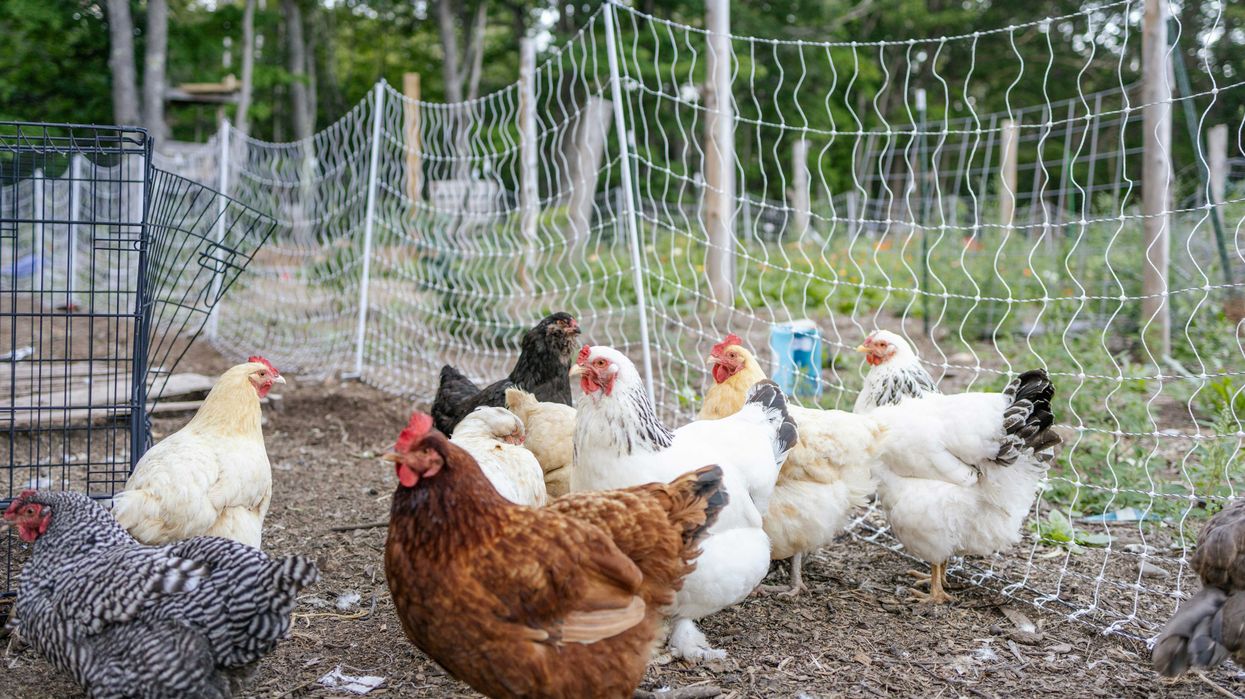A breakthrough at Rensselaer Polytechnic Institute reveals a method to convert PET plastic into biodegradable material using bacteria, offering a dual solution to plastic pollution and sustainability.
Adele Peters reports for Fast Company.
In short:
- Researchers have developed a process to turn PET plastic into a biodegradable material similar to spider silk, addressing plastic waste and sustainability.
- The method involves genetically modified bacteria that consume plastic and produce a silk-like substance, potentially replacing traditional plastic products.
- This innovation could revolutionize material manufacturing, reducing reliance on harmful chemicals and minimizing long-term environmental pollution.
Key quote:
"What we’re using is a process that’s very similar to brewing beer."
— Helen Zha, assistant professor of chemical and biological engineering, RPI
Why this matters:
By transforming plastic waste into biodegradable materials, it tackles the persistent issue of plastic pollution affecting our ecosystems and health, potentially reshaping manufacturing.
How plastics damage our lives and the environment—and why recycling is not the answer.



